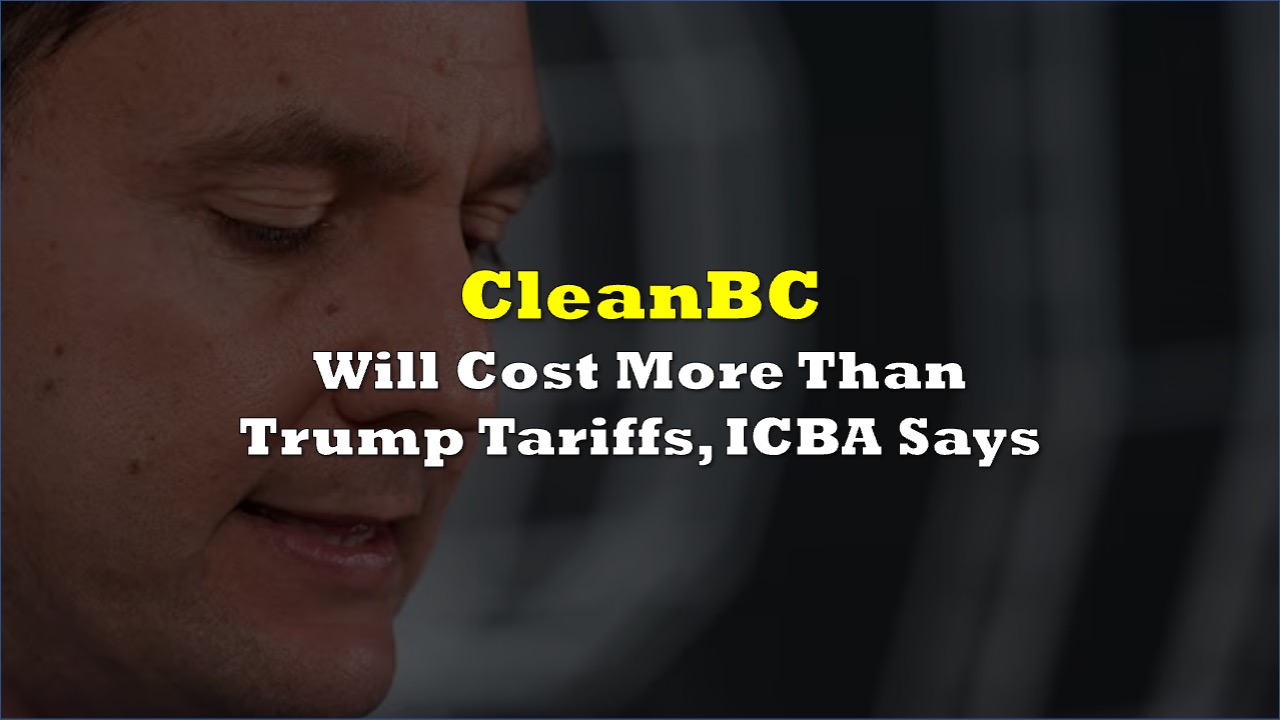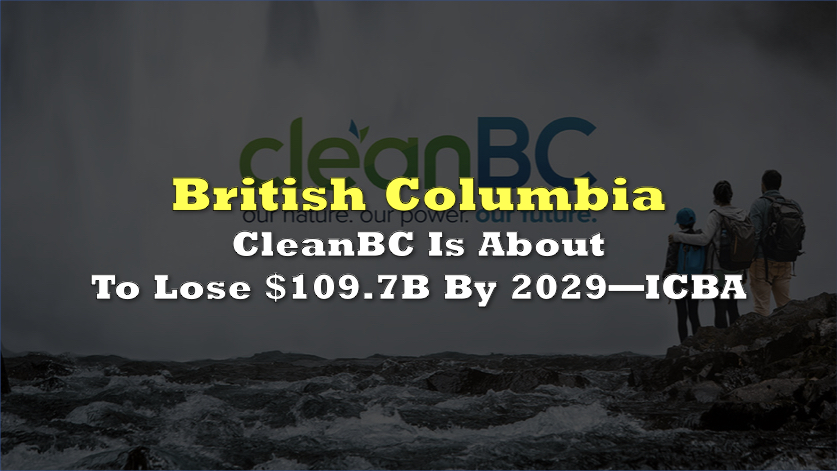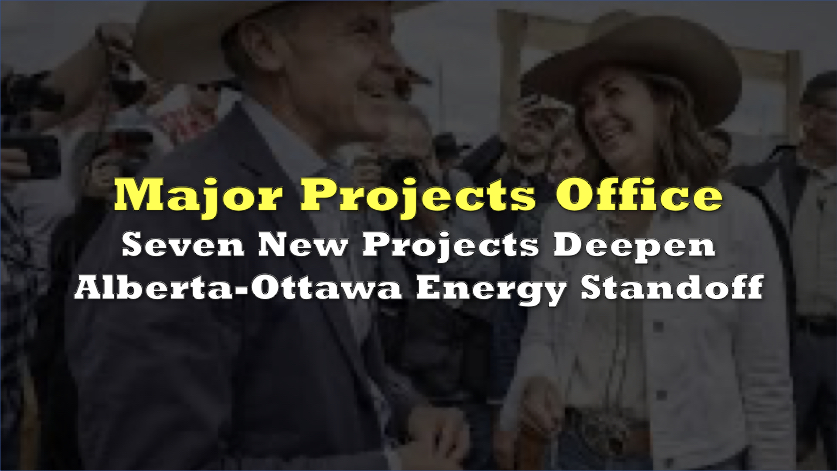The president of Alberta’s Independent Contractors and Businesses Association warned in a Calgary Herald opinion piece Tuesday that British Columbia’s climate and economic policies under Premier David Eby pose risks to both provinces’ economies, adding to mounting criticism as BC conducts an independent review of its signature climate program.
Mike Martens, who leads the ICBA Alberta, argued that BC’s CleanBC climate plan and carbon tax policies are “catastrophic for workers, families and businesses” and could strip billions in economic activity from the province.
A recent @icbabc report delivered a shocking assessment, based on the B.C. government’s own analysis: CleanBC will strip away $109.7 billion in economic activity from its economy by 2029 — more than 2.5 times the damage that U.S. Pres Trump’s tariff war https://t.co/VnE9MEjqA2
— Allie Meeres (@AllieMeeres) July 22, 2025
The business leader criticized what he called BC’s “consumer-facing carbon tax,” describing it as politically motivated rather than effective climate policy. He cited a recent ICBA Economics report suggesting the CleanBC plan could remove C$109.7 billion in economic activity by 2029.
BC’s government acknowledged in June that CleanBC is “not on track to meet its 2025 and 2030 targets” and launched an independent review of the program. The province has invested $3.5 billion in CleanBC since 2018, but emissions remain at roughly 2007 levels.
The review comes amid economic concerns from multiple business organizations. The Business Council of British Columbia has warned that the government’s own modeling shows CleanBC will push BC’s economic growth “down to the slowest pace on record” and make the economy $28 billion smaller by 2030.
A June 2025 ICBA report claimed the CleanBC plan would strip away 2.5 times more economic activity than potential Trump tariffs, though some economists have disputed the methodology of such comparisons.
The economic debate centers on different modeling approaches and timeframes. While business groups focus on short-term transition costs, some economists argue that the modeling doesn’t capture long-term benefits from clean energy innovation and job creation.
Clean Energy Canada estimates hundreds of thousands of clean energy jobs will be created in BC between 2025 and 2050, though critics question whether these projections account for jobs lost in traditional industries.
The mounting criticism has led to policy shifts. Premier Eby recently announced plans to scrap the consumer carbon tax while maintaining industrial carbon pricing, following federal changes to carbon pricing policy.
Martens expressed concern that BC’s economic troubles could affect Alberta, given the provinces’ interconnected economies. He called for “pragmatic, pro-growth” policies that balance environmental goals with economic investment.
The CleanBC review, led by climate policy experts Merran Smith and Dan Woynillowicz, is expected to report findings in late fall 2025. The review aims to assess whether the program is “effectively reducing emissions, making life more affordable, and supporting a strong economy.”
Information for this story was found via the sources and companies mentioned. The author has no securities or affiliations related to the organizations discussed. Not a recommendation to buy or sell. Always do additional research and consult a professional before purchasing a security. The author holds no licenses.









